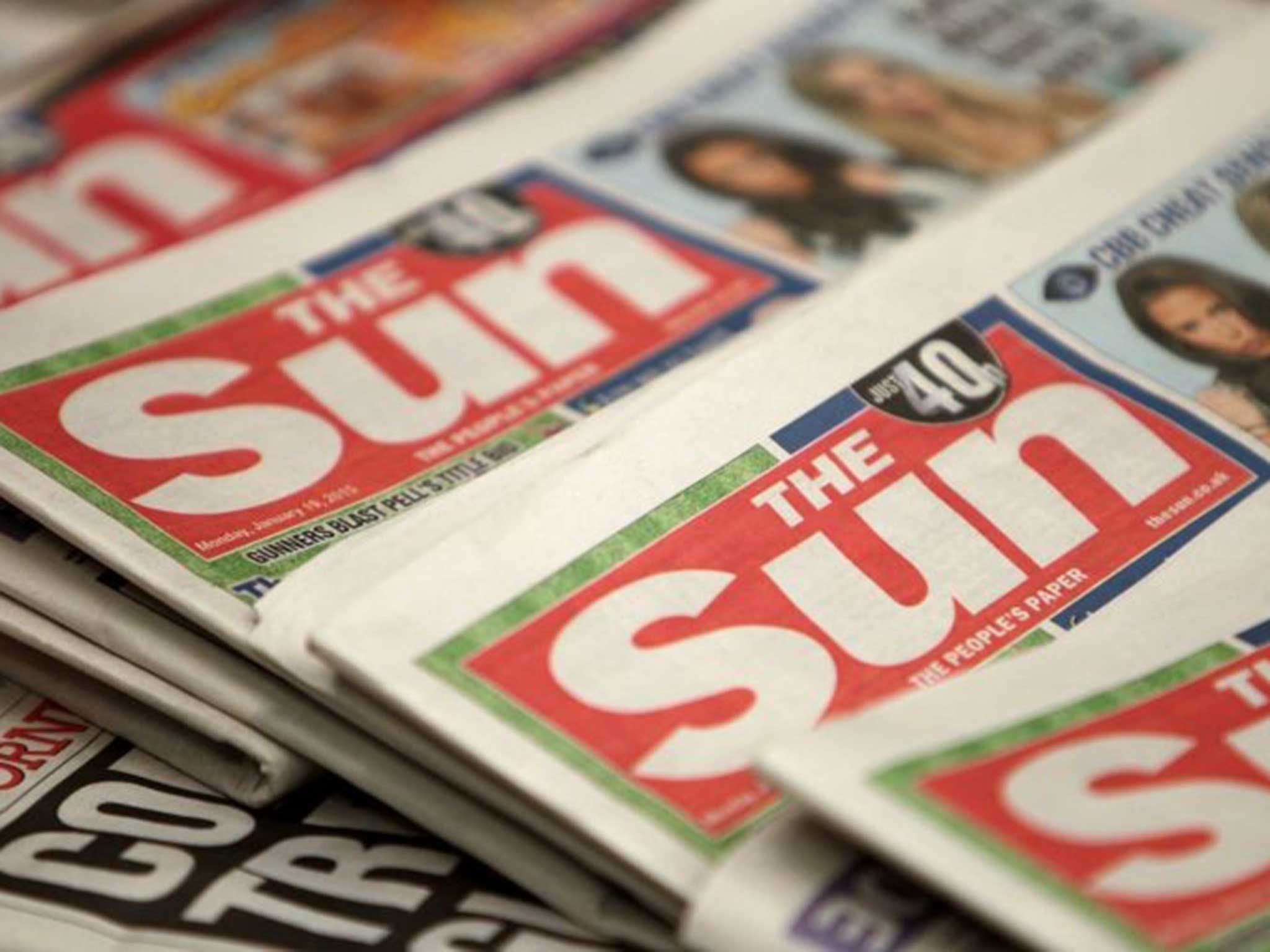The Sun launches human rights legal challenge against Metropolitan Police over phone records search
News Group Newspapers and three reporters claim the Met breached their freedom of speech during the Plebgate affair

A legal challenge against the Metropolitan Police by The Sun newspaper - where three reporters say their human rights were breached during the ‘plebgate’ affair - has started at the High Court.
News Group Newspapers, the paper’s parent company, and the journalists, are claiming that the Met breached their freedom of speech under the European Convention of Human Rights when it accessed their phone records, after The Sun broke the story in 2012.
The Sun has, in the past, rejected criticisms that it is ironic that they are relying on the Human Rights Act – which enshrines the convention in English law – to bring the claim, despite the paper’s fierce opposition to the law and their calls for it to be repealed.
Scotland Yard was hunting the source that leaked the police log of the row, involving the then chief whip, Andrew Mitchell, who was alleged to have called officers ‘plebs’ at the gates of Downing Street.
They were allowed under the controversial Regulation of Investigatory Powers Act (2000) to search the records of Tom Newton Dunn, The Sun’s political editor, and reporters Anthony France and Craig Woodhouse, as well as the records of two landlines used by the paper’s newsdesk.
NGN and the reporters are claiming that the Met’s actions amounted to “coercive legal powers by the state” because journalistic sources are protected by article 10 of the convention, the right to freedom of expression and information.
The landmark case, beginning on Monday, is being heard at High Court at a rare public session of the Investigatory Powers Tribunal, which hears claims of surveillance malpractice, including under RIPA.
The tribunal, made up of five experts, including two High Court judges, will be heard over two days on Monday and Tuesday of this week.
Last October, The Sun was accused of hypocrisy when details of the claim emerged – days after it ran an adulatory front page praising David Cameron for promising to repeal the “hated Human Rights Act”. But the paper has said that the claim is consistent with its editorial line because Mr Cameron’s proposed replacement for the Act, a British Bill of Rights, would retain protection for journalistic sources.
Mr Newton Dunn was on Monday tweeting some of the exchanges at the tribunal, which usually sits in private. Several senior police officers will give evidence about why the use of RIPA was authorised to search phone records. Senior police officers can authorise such searches under the law – but its use in cases involving journalists, rather than criminal and terrorist suspects, has been criticised.
In a preparatory hearing last week, the tribunal heard that police looked at a week's worth of phone records in an effort to uncover the officer who told the newspaper Mr Mitchell had used the word “plebs” when he was stopped from cycling through the gates of Downing Street.
The former chief whip still denies that he used the p-word, or swore at officers, despite last year losing a libel action against The Sun after a judge ruled he probably did say “plebs”.
Join our commenting forum
Join thought-provoking conversations, follow other Independent readers and see their replies
Comments